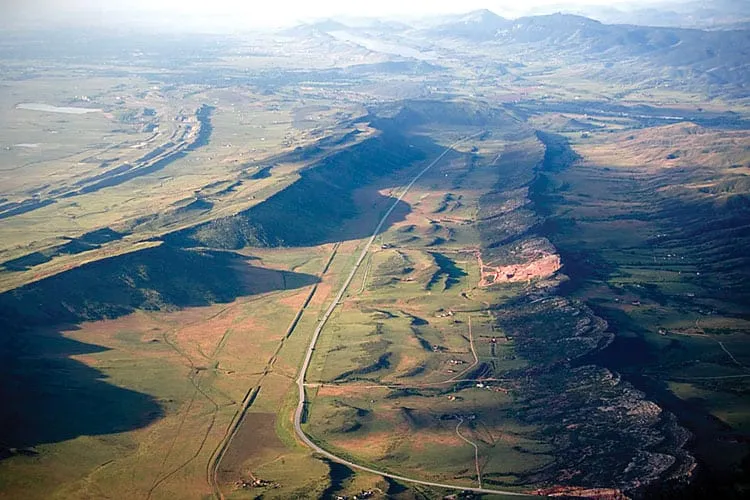Elevate Quantum wins ‘game changer’ Tech Hub designation
Initiative unlocks $127M in government funding

Elevate Quantum beat a group from Illinois to win a phase two Tech Hub designation, unlocking $127 million in state and federal funds.
THIS ARTICLE IS FOR SUBSCRIBERS ONLY
Continue reading for less than $3 per week!
Get a month of award-winning local business news, trends and insights
Access award-winning content today!
Already have a paid subscription?




